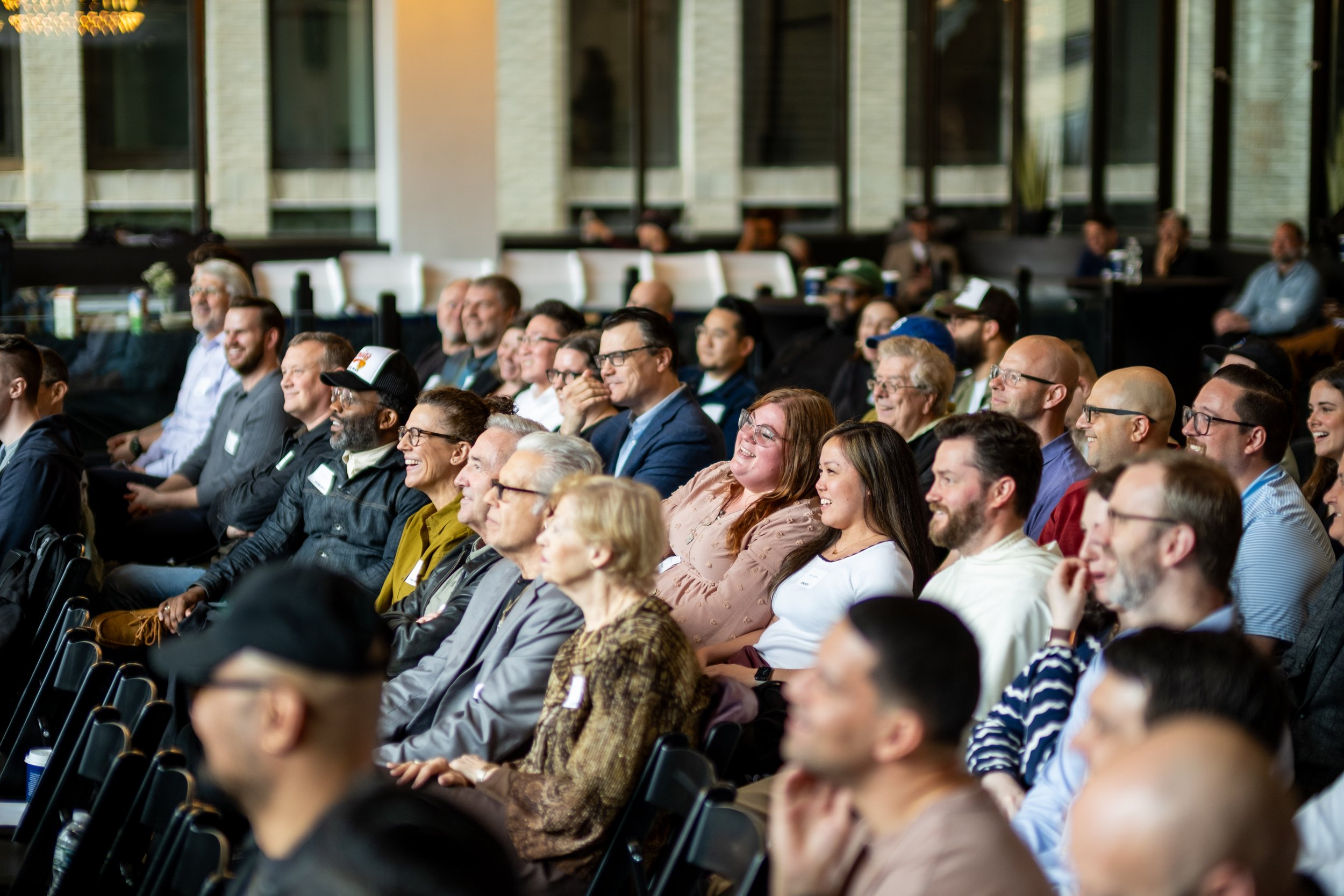
Pastor, do you know what The Spiritual State of our City is?
Download the Barna Report Below
2025 State of Our City
Download The Report
Faith, Flourishing, and the Future:
The 2025 for.nyc study, conducted by Barna Group, provides a comprehensive snapshot of New Yorkers' spiritual and personal flourishing from 2022 to 2025. This research explores faith engagement, relational connection, vocational satisfaction, health, and financial wellness, revealing how these areas interact with perceptions of local Christian churches.
The findings highlight both opportunities and challenges for Christian leaders seeking to positively impact their communities in New York City, with encouraging trends in church engagement alongside persistent needs in mental health and community connection.
Opportunities for Christian Leadership
-
Cultivate Authentic Community
Provide intentional spaces for Gen Z and Millennials experiencing loneliness and anxiety, creating meaningful relationships and community care opportunities.
-
Engage Vocationally
Develop programs focused on vocational flourishing and stress reduction, particularly among younger workers most impacted by burnout and uncertainty.
-
Promote Holistic Flourishing
Tailor ministry initiatives addressing emotional health, purpose-driven vocational engagement, and financial stewardship.
-
Strengthen Public Witness
Enhance positive perceptions by visibly engaging social concerns and demonstrating genuine community transformation efforts.
Christian Identity Rising
The proportion of New Yorkers identifying as Christian has increased from 58% to 62% since 2022. Simultaneously, those expressing "no faith" have decreased significantly, suggesting a shift toward religious affiliation. The percentage of practicing Christians has grown from 18% to 20%.
Churched Perceptions: On the Rise
Positive perceptions of local churches are rising across New York City. A combined 82% of all residents report a favorable view (very or somewhat favorable) in 2025. Even among the unchurched, 76% hold favorable views, though there remains room for improvement in the depth of these positive perceptions.
The stark difference between churched and unchurched perceptions highlights the need for intentional outreach. Bridging this perception gap will require demonstrating genuine care and active social engagement beyond traditional church boundaries.
FAQs
-
New York City residents have shown a statistically significant increase in overall human flourishing. The average score rose from 65 in 2022 to 68 in 2025 (on a scale of 0-100). Additionally, the percentage of New Yorkers reporting high flourishing scores (90+) increased from 6% to 8%, while those in the lowest range (0-69) decreased from 56% to 49%.
-
Yes, Christianity is growing in New York City. The proportion of residents identifying as Christian increased from 58% in 2022 to 62% in 2025. This growth is notably driven by Gen Z, with 71% identifying as Christian in 2025, a significant rise from 56% in 2022. Furthermore, 23% of Gen Z in NYC now qualify as Practicing Christians, up from 10% in 2022.
-
The favorability of local churches is rising in New York City. In 2025, 82% of all residents reported having a favorable opinion of local churches, an increase from 77% in 2022. Favorability among unchurched adults also increased significantly, from 70% to 76%. This may be partly due to a rise in unchurched adults who personally know a Christian pastor (38% in 2025, up from 31% in 2022).
-
Stress and anxiety are the most common mental health hardships for adults in NYC. Mental illness is also the third most identified social issue New Yorkers wish churches addressed. Younger generations (Gen Z and Millennials) are significantly more likely than older generations to report feeling depressed, anxious, burned out, fearful, and stressed at least once or twice per month. Women are also more likely than men to report feeling anxious, burned out, fearful, and stressed.
-
Loneliness remains a persistent challenge, with 42% of New Yorkers reporting feeling lonely at least once or twice per month, statistically unchanged from 2022. Loneliness is particularly high among younger generations: 64% of Gen Z and 50% of Millennials report feeling lonely monthly, compared to significantly lower rates among older generations.
-
Among working New Yorkers, 70% are satisfied with their vocation/work, a slight increase from 65% in 2022. While satisfaction is high for work-life balance and workplace relationships, roughly one out of three express dissatisfaction with the amount of stress experienced at work (36%), the pay and benefits received (34%), and opportunities for growth/advancement (31%). The most common reason for reconsidering aspects of work is looking for better paying work (35%), especially among younger adults.
-
Pastoral satisfaction with their vocation and current church ministry has seen an increase since 2022. The number of pastors very satisfied with their vocation rose to 59% (from 52% in 2022), and those very satisfied with their ministry at their current church increased to 47% (from 38% in 2022). While most pastors rate their spiritual well-being as good or excellent (76%), women and younger pastors tend to report lower satisfaction with their mental, emotional, physical, and spiritual well-being compared to men and older pastors.



